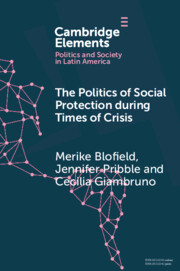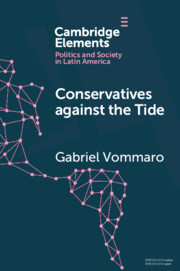Alberto Fujimori, a little know university professor of Japanese descent, won the 1990 presidential election by a commanding majority. Following his election, Peruvian pundits referred to his campaign as a tsunami, a powerful metaphor highlighting the velocity and magnitude of his final electoral surge. With a straightforward campaign platform promising “Honesty, Technology and Work,” Fujimori promised an era of socioeconomic and political reform. Instead, he presided over a decade of increasingly authoritarian rule, marked by a level of graft and corruption unknown in Peru.
Fujimori's election led to enormous change in countless areas of socioeconomic and political life, including the end of the traditional party system in Peru. In the 1980 presidential election, four political parties, Acción Popular (AP), Alianza Popular Revolucionaria Americana (APRA), Partido Popular Cristiano (PPC), and Izquierda Unida (IU), won 97 percent of the vote, and in the 1986 municipal elections, they took over 90 percent. The traditional parties appeared to be vibrant and robust; however, a weak electoral tradition, an inexperienced electorate, and the disappointing performance of traditional parties in office undermined their appeal. As the established parties were discredited, voters increasingly sought options outside the existing political system. Fujimori's victory in the June 1990 runoff sanctioned this decline. During the campaign, Fujimori created a new model of electoral organization known as the disposable party. Described by some observers as independent movements, disposable parties were seldom more than electoral labels or candidate-centered vehicles. Over the next three decades, the decline in traditional political parties, combined with the rise of disposable parties, had a significant influence on both the domestic and the foreign policies of Peru (Tanaka 1998, 59–235).
The Five D’s
Given the deplorable state of the Peruvian economy, the first priority of the Fujimori government was to improve relations with the international financial community. Before his inauguration, President-elect Fujimori traveled to Japan and the United States, promising to implement an austerity program and resume service on the external debt. In response, an international consortium, including Japan, Spain, and the United States, made a preliminary commitment for bridge loans to cover the defaulted debt to the IMF and other multilateral lending agencies.

